This weekend is the start of Heritage Open Days 2019, a national ten-day festival of culture and heritage that sees historic buildings across the UK throwing open their doors to visitors.
Laura Ager is Creative Engagement Officer at Hyde Park Picture House, Leeds’ popular historic cinema. The venue is hosting several free events this month as part of Heritage Open Days and Laura has contributed this article for The State of the Arts to let people know what they have in store, as well as sharing her thoughts on why Heritage Open Days is a festival that matters.
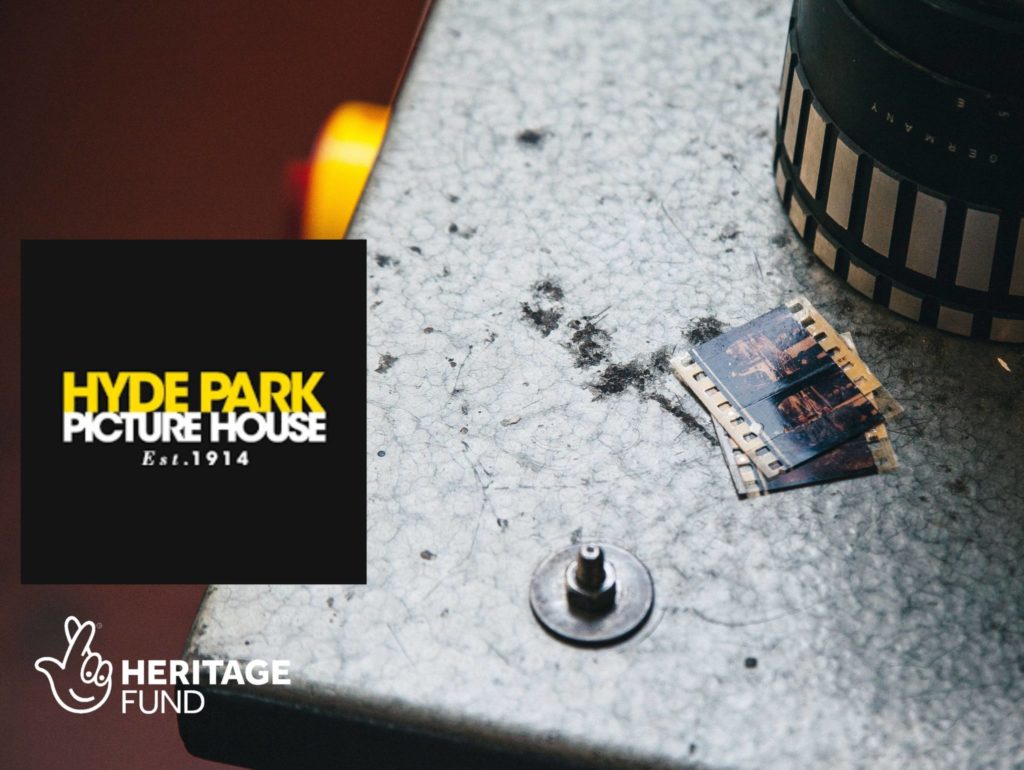
Last year, in September, more than three million visitors attended over 5500 Heritage Open day events around England, which for the first time were spread across two consecutive weekends. This year it is the festival’s 25th anniversary and there will be 10 full days of events running from 13th to 22nd September. The increasing length of the festival period would seem to reflect the remarkable popularity of this large-scale cultural project.
The heritage sector is of enormous value to the UK, it is a larger source of income than other major cultural sectors such as music, or performing and visual arts. In the field of cultural policy studies, which is my background, we’re used to seeing headline figures such as ‘Heritage tourism contributed over £20 billion in 2015’ [1]. It’s interesting to note that the vast majority of tourist visits in the UK are made by ‘domestic residents’ – that’s us! We’re mostly day trippers (90% of visitors in fact) who are happy looking around castles and museums, visiting churches, beaches and gardens, spending money on parking, snacks and presents.
These kinds of quantifiers and income multipliers are of great interest to the cultural sector’s impact evaluators such as Oxford Economics, who wrote the 2015 report, but evaluation specialists tend not to be all that interested in qualitative findings, such as what it is that people enjoy so much about their visits to heritage sites.
Engaging with history on a personal level is a richly rewarding experience, visiting historic attractions in our leisure time offers a focussed and enjoyable form of learning in which we are rewarded for our curiosity with the pleasure of discovery. We find new stories to share.
It turns out that people are especially interested in what makes their local area unique – Heritage Open Days’ own impact assessment found that 74% of visitors to events lived locally[2].
“being proud of your town and feeling connected with your own community were among the positive responses that came out of the interviews with visitors to heritage and cultural events held in a range of historic places across England during the annual Heritage Open Days festival.” – Katja Condy*
Gaining an understanding of the past can also give us insights into how we got to the present and shows us where the things we take for granted have their origins. In the middle of a great, ongoing national debate about identity, it seems that there are signs of a nostalgic, selective and imagined past appearing in England. So it might surprise you to know that the origins of the much-loved annual Heritage Open Days festival lie in the European Cultural Convention of 1954.
The thousands of events that are organised by our historic venues, churches, homes and gardens every September collectively constitute England’s contribution to an international project called European Heritage Days.
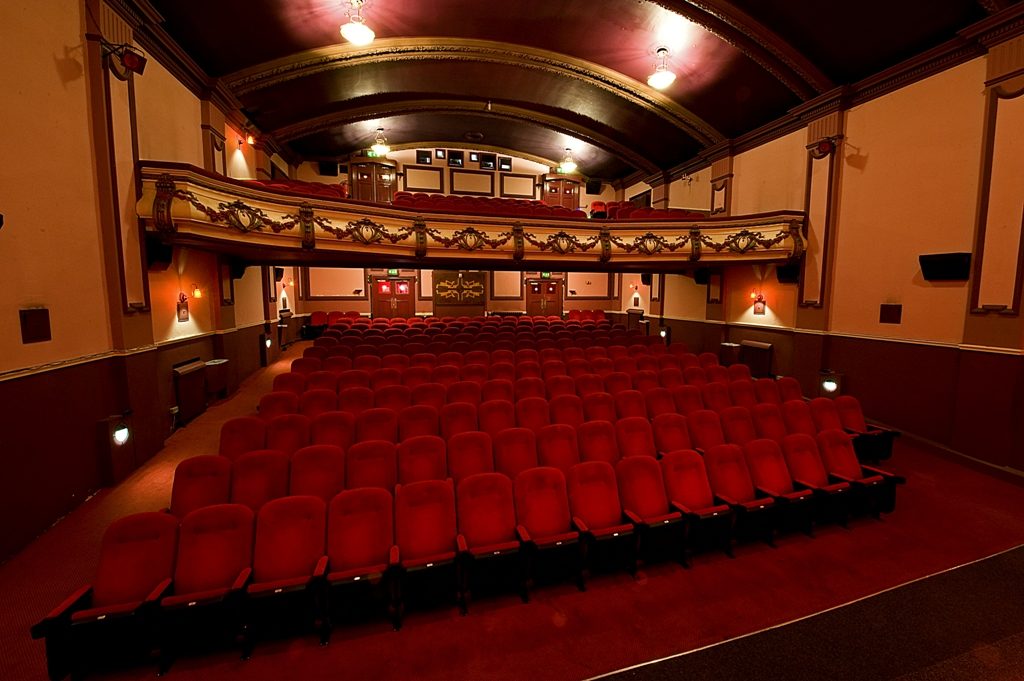
The European Cultural Convention of 1954 was an international treaty that aimed to promote cooperation among European nations. Amongst its many aims it intended to promote “the study of the languages, history and civilisation of the Parties to the Convention”[3]. What better way to examine Europe’s common cultural heritage than to visit and see at first hand some of Europe’s culturally significant monuments, properties and sites? But a lot of these monuments, buildings and sites are inaccessible, or privately owned and can be closed for much of the year.
In 1984 the French Ministry of Culture organised the first La Journée Portes Ouvertes celebration, the next year French Minister of Culture Jack Lang proposed that the ‘Open Doors’ project should become a Council of Europe initiative and that other member states should be encouraged to participate. Countries including the Netherlands, Belgium and Sweden started to experiment with versions of the idea and in 1991 the Council of Europe and the European Commission initiated the European Heritage Days project and established a framework.
The full, national festival now known as Heritage Open Days was launched in England by the newly formed Department of National Heritage in 1994 and events were co-ordinated by the Civic Trust. Events were held around the country over the weekend of 10th & 11th September and this model of ‘one weekend in September’ continued every subsequent year until last year, when the festival dates expanded.
Elsewhere in the UK, Wales has its own festival, Open Doors Day, and Scotland has Doors Open Day (this festival is celebrating its 30th anniversary this year) while Northern Ireland participates directly in European Heritage Open Days.
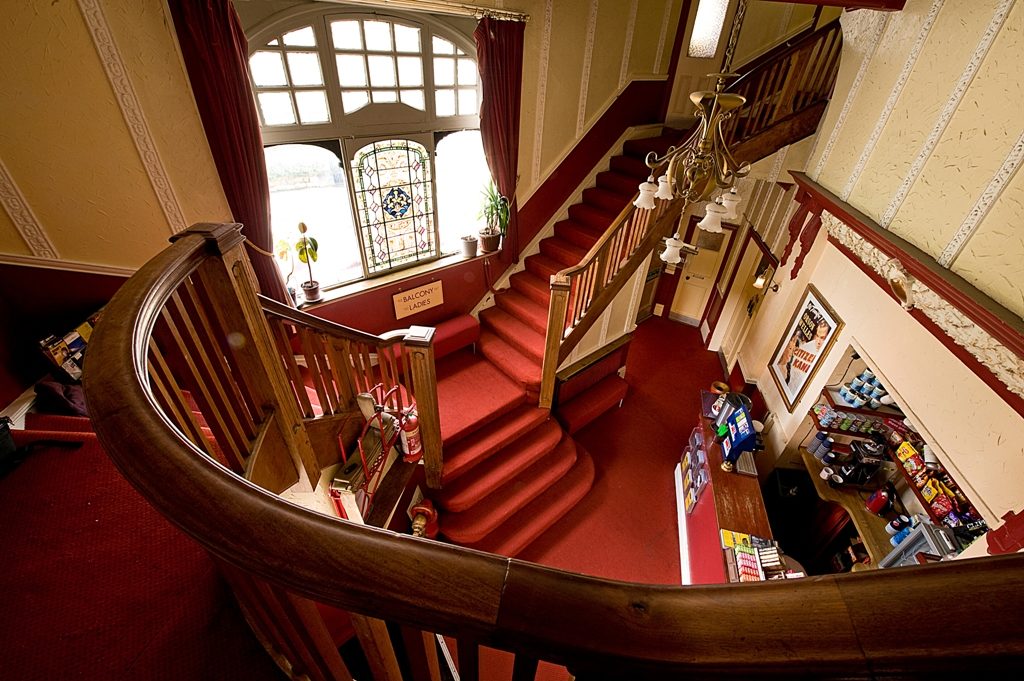
The Department for Digital, Culture, Media and Sport (DCMS) took over from the Department of National Heritage in 1997 and now supports the heritage sector with funding from the National Lottery. The National Lottery Heritage Fund (NLHF) distribute 20% of the total National Lottery’s ‘good causes’ income nationwide and their own research has shown that National Lottery players think that supporting a broad range of heritage is important [4] and so they aim to fund projects that have the potential to reach as wide and diverse an audience as possible.
This year the Hyde Park Picture House are delivering a Heritage Open Days programme that is supported by the NLHF, and the festival’s this year theme is ‘People Power’ so our events include some that will focus on marginalised stories and social struggles. This also accords with a stated aim of European Heritage Days, which is to encourage greater tolerance for different cultures across Europe.
On Tuesday 17th September at 6pm we’ll be screening a selection of short films made in Leeds that tell the stories of people in the city’s LGBTIQ+ community and on Sunday 22nd September at 3pm we are hosting a special presentation of a curated set of archive clips that looks at the many different forms of public protest that have happened in the UK throughout the 20th Century. Both of these events include introductions from the curators and discussion panels.
We are also having an Open Day on Sunday 22nd September when anyone can drop in between 10am and 3pm and explore our building, and on the morning of Tuesday 17th we’re hosting a special screening of The Rochdale Pioneers, a film made in 2012 by The Co-operative to tell the story of the founding of the first Co-operative shop 125 years ago, which will be introduced by their CEO Steve Murrells. All Heritage Open day events are free.
View the entire collection here.
[1] The impact of heritage tourism for the UK economy – a report by Oxford Economics
[2] Be a tourist in your own town. A survey by Heritage Open Days.
[3] European Cultural Convention (Paris, 1954).
[4] The National Lottery Heritage Fund Strategic Funding Framework 2019–2024
Filed under: Film, TV & Tech
Tagged with: cinema, europe, european, Heritage, heritage open days, picture house
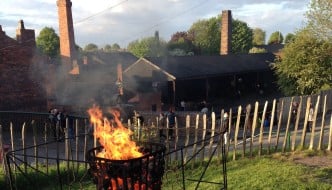

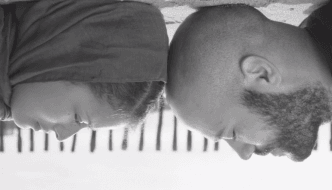
Comments